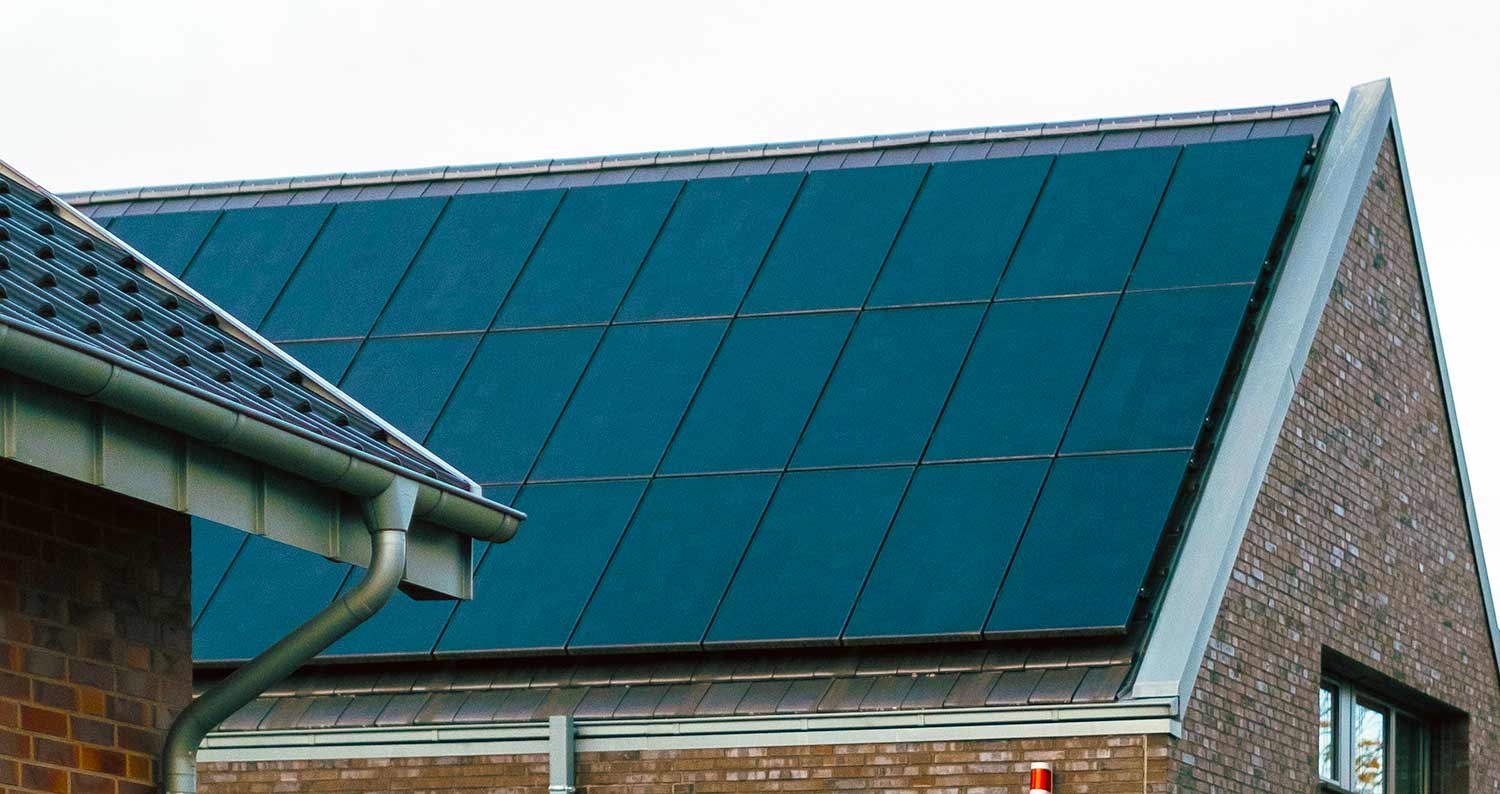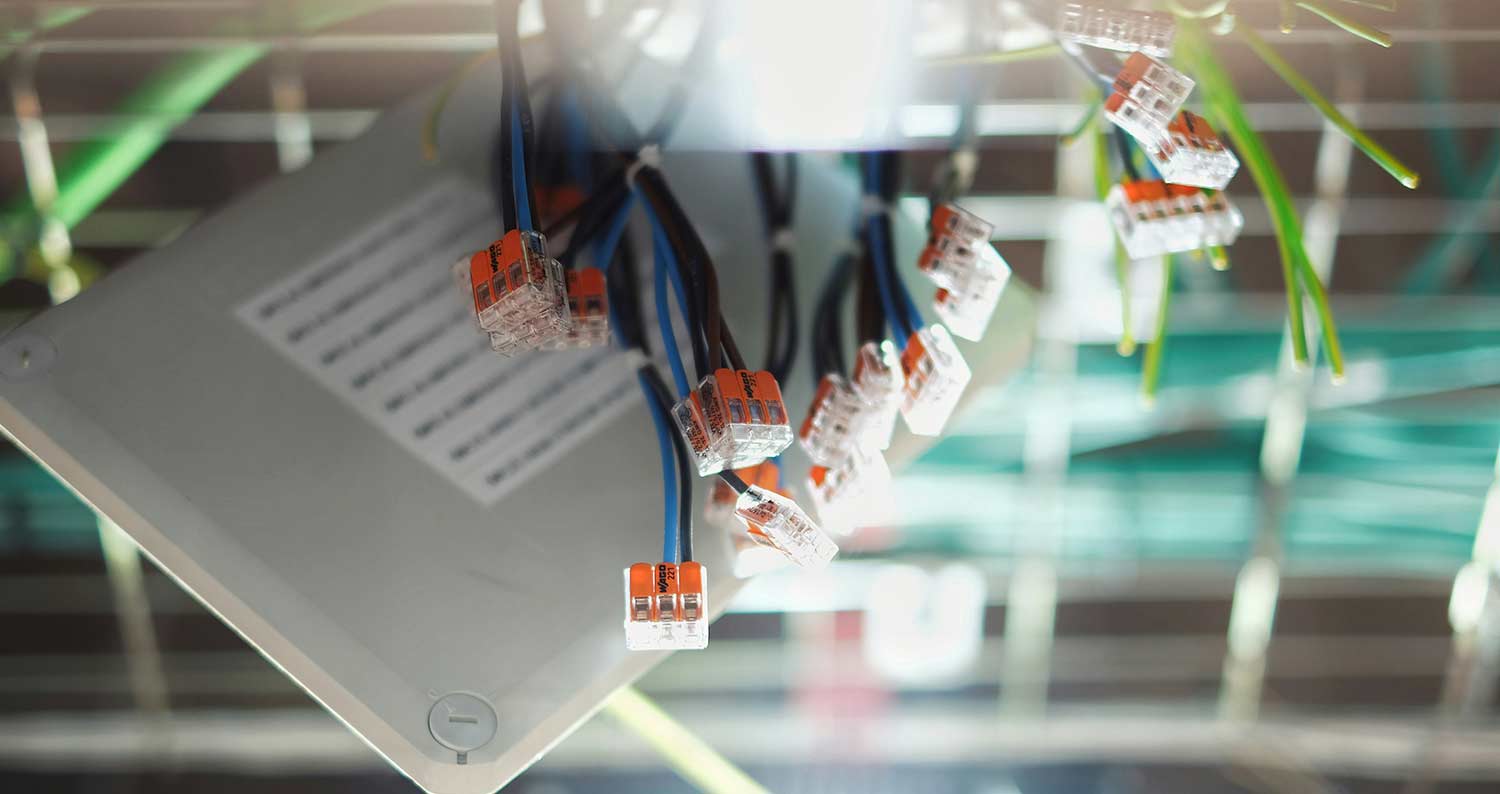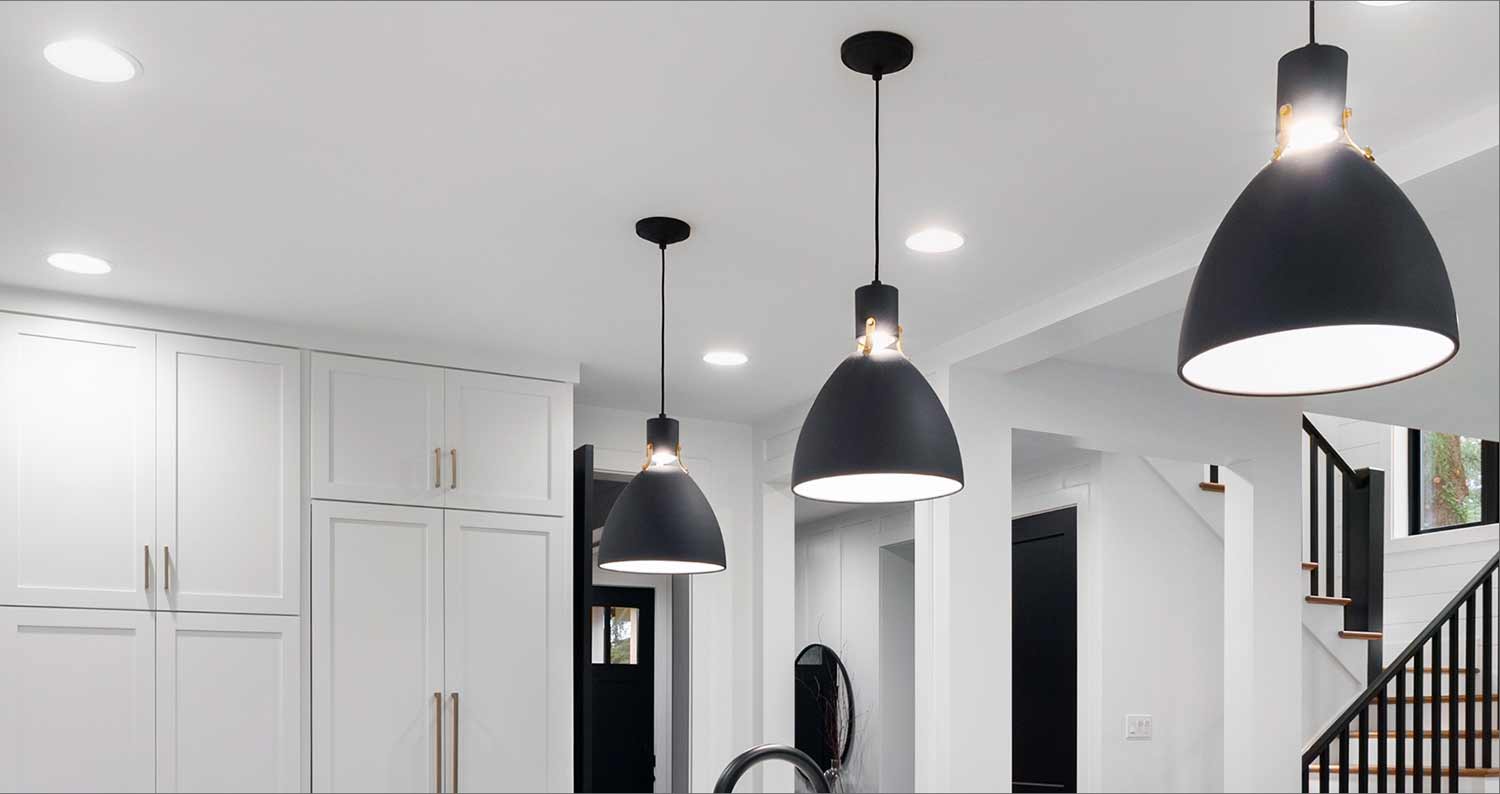The ARM Electrix Ltd
Health & Safety Policy
Introduction
This document sets out the Health and Safety arrangements we have established for our organisation.
Description of work
Electrical Contractor involved in
Electrical Installation Of Single phase and Three phase supplies
Electrical and Mechanical Installation of Security Industrial doors
Electrical Inspection and Testing of all Industrial, Commercial and Domestic
Installations
Health and Safety Policy Statement
We acknowledge and accept the legal responsibilities for
securing the health, safety, and welfare of employees and sub contractors working on our behalf and all persons, livestock and property affected by their activities.
It is our intent to allocate appropriate resources to develop programmes to prevent occupational injuries and illness.
It is our policy to promote and support all Health and Safety and Industrial hygiene and to manage it in a manner that seeks to eliminate occupational injuries and illnesses. In support of this Policy ARM Electrix Ltd will strive to achieve excellence in all
matters relating to Health and Safety. In this respect A S Electrical require all employees and sub contractors to:
• Observe and comply with The Health and Safety at Work Act 1974.
• Co-operate in ensuring the health and safety and welfare of
themselves and their colleagues whilst at work.
• Every effort will be made to provide and maintain a safe, healthy and
efficient working environment for all employees.
• To achieve this the active co-operation of all employees is essential so
that accidents and damage to the health of themselves and others are
avoided.
• The policy may change with the company and legislation, the safety
arrangements, will be developed and amended over time with the
consultation and co-operation of all involved with A S Electrical.
This Healthy and Safety Policy is therefore, issued to all employees on
the understanding that it amplifies the company policy.
HEALTH AND SAFETY POLICY
We recognise that the talent and energy of all persons involved with the company are its most valuable assets. It is our aim to achieve a working environment, which is free of work, related accidents and illnesses and to this end we will pursue continuous improvements from year to year.
We undertake to discharge our statutory duties by:
• Identifying hazards in the workplace, assessing the risks related to them and implementing appropriate preventative and protective measures.
• Providing and maintaining safe plant and work equipment.
• Establishing and enforcing safe methods of work.
• Recruiting and appointing personnel who have the skills, abilities and competence to fulfil their role and level of responsibility.
• Ensuring that tasks given to employees are within their skills, knowledge and ability to perform.
• Ensuring that competence is maintained through training where necessary.
• Promoting awareness of health and safety and of good practice through effective communication and relevant information.
• Furnishing the resources needed to meet these objectives.
All persons involved with us are encouraged to contribute actively towards achieving an accident free working environment.
Conclusion
Together with the statutory regulations and the company safety procedure this document is reasonably comprehensive, we realise that site-specific conditions are changing all the time. With this in mind it is vital that an attitude to the prevention of accidents is
maintained at all times and safe working is imperative.
HEALTH AND SAFETY POLICY
RESPONSIBILITY
Due to the nature of the work undertaken by us, it is the responsibility of the senior person on site to promote Health and Safety at work and ensure that working practices are in accordance with the statutory requirements and the company policy.
The Employees’ responsibility in this objective is to:
• Comply with all safety procedures and controls as dictated by us when at work, so long as these procedures are in keeping with the Statutory requirements and are not in detriment to the law.
• Ensure reasonable care is taken for the well being, health, and safety of themselves and any persons livestock or property likely to be affected by their actions whilst working for or on behalf of us.
• To utilise and respect all the safety devices and protective equipment provided to ensure the safety of personnel.
• To report accidents and near misses that could lead to injury.
• To co-operate fully in the investigation of incidents to ensure that these incidents do not re-occur.
The Provision and Use of Work Equipment Regulation 1998 (P.U.W.E.R)
This concerns the safe use of work equipment and systems. e.g. Suitability of equipment –assessment of risk. Provision of protective and preventative measures.
The Personal Protective Equipment at Work Regulation 1992.
(PPE)
This regulation clearly states that PPE should be used when risks cannot be avoided or sufficiently reduced by other preventative measures or through work re-organisation. Relevant PPE will be provided to all A S Electrical personnel.
The Manual Handling Operation Regulation 1992.
This regulation requires employers to assess the manual handling on site and within the workplace, take an ergonomic approach and where possible change the nature of any manual handling task and provide mechanical aids in order to reduce or lighten the manual handling of loads.
Safety Training.
Health, Safety and Welfare form an integral part of Site induction and job training to ensure that all employees are aware of general safety requirements and their responsibilities regarding safety to themselves and others who may be affected by their actions or omissions. Specific Safety Training, Information and the use of Safe Systems of Work will also be provided where appropriate.
Our personnel will adhere to all site-specific procedures. Evacuation procedures and muster points will be designated by the person responsible for Site Inductions (main contractor).
• No A S Electrical employee will fight a fire
• No A S Electrical employee is trained to fight a fire
• A S Electrical employees will raise the alarm but avoid danger In order to avoid fires whilst on site or in silent hours we will :-
• Put all combustible materials carefully away
• Put all waste paper etc in bins provided
• Observe the NO Smoking signs displayed
• Remove all clothing, paper, etc from near heaters
• Switch off all electrical appliances
• Ensure in case of fire, exits locations are known
Accident Reporting
All accidents and near misses no matter how minor must be recorded in the accident book.
The management will carry out an appropriate investigation. The seriousness of the incident and circumstances will depend on w whether further action is to be taken.
Occupational Health
Where necessary, health surveillance and records will be under our control
Safe Systems of Work
Safe Systems Of Work and Practices take into account all the necessary and relevant statutory obligations, codes of practice and H S E guidelines that concern our business, adhering to Method Statements and Risk Assessments and carry out tasks as instructed.
Risk Assessments
This concerns the examination of work activities where there is thought to be a hazard, followed by systematic assessment of the hazard in order to determine the degree of risk. Upon the establishment of the risk, preventative measures are identified and then introduced. They are periodically revised within the Safe System of Work.
Environmental Control
Control and disposal of waste and control of substances hazardous to health (COSHH). Assessments and all relevant data sheets will be kept on record in the office. No one associated with A S Electrical is allowed to introduce chemicals or other substances at all.
Electricity at Work Act 1989
The Electricity At Work Regulations will be adhered to and any work undertaken on any electrical system will be performed by a qualified and suitably trained person. The current IEE regulations although not statutory will be used as a guideline. Isolation procedures will be maintained and no live work tasks will be performed.
Isolation Procedure
• Disconnect all loads.
• Locate the source of supply.
• Isolate the source of supply.
• Lock off and place warning signs.
• Test voltage indicator on a known source (proving unit)
• Test the supply is isolated.
• Re-test voltage indicator using known source. (Proving unit
again)
• Start work if all the above has been followed and the circuit
intended to be worked on is dead.
• Keep padlock key and don’t allow anyone else to retrieve it until
work on circuit is completed.
Working at Height
As working at height can form a major part of our day to day tasks The
Working At Height Regulation 2005 will be enforced, personnel will be trained to erect mobile towers and operate MEWPS.
Options considered, following previous assessments are:
• Mobile Tower
• Mobile elevated work platform (MEWPS)
• Fixed scaffolding (by others)
• Ladder
• Step ladder
• Hop ups and trestles
In each case risk assessment should consider other issues to ensure that the chosen method is the safest option e.g. Weather conditions full body harness use of stabilisers/securing devices.
Noise at Work
A S Electrical will ensure as far as reasonably practical that no employee is subjected to levels of noise whilst at work that may cause damage to their hearing. Sufficient hearing protection as part of PPE will be provided and used in conjunction with appropriate risk assessments.
Asbestos
The likelihood of any of our staff coming into contact with asbestos is very high. The Control of Asbestos at Work Regulation 2006 indicates that all employees must have the site-specific asbestos register made available to them by the client as and when required. If asbestos is noted within the work area operatives must:
• Stop work immediately
• Prevent any dust /fibres being released by turning off power tools and
minimise air movement.
• Evacuate the immediate area and prevent access by others. (Public
included)
• Inform those responsible for the premises and Health and Safety
Manager.
• Do not return to the area until informed that it is safe to do so.
• If you are uncertain as to the content of the material. Stop work and
seek advice.
First Aid
Adequate First Aid provision will be made by us. Familiarise yourselves with the location of the First Aid Box and Eye Wash Station.
All personnel should be first aid trained and qualified. On project sites wherever possible prior to visiting site arrangements are made so that we can use the principal contractors facilities for first aid. All accidents however minor must be reported using the correct site procedures. Serious accidents, where hospital treatment is required must be reported in accordance with Accident/incident report procedure.
Reporting of Injuries, Diseases and Dangerous Occurrences Regulation 1995
Certain incidents are to be reported to the HSE Incident contact centre (ICC) In accordance with ( RIDDOR)
• Deaths
• Major Injuries
• Any work related injury resulting in 3 consecutive days away from the workplace.
HEALTH AND SAFETY POLICY
RIDDOR
• Diseases
• Dangerous occurrences
• Gas Incidents
The major Incidents applicable:
• Fractures other than finger, thumbs or toes
• Amputation
• Dislocation of the shoulder, hip, knee or spine
• Loss of sight (temporary or permanent)
• Burns to the eye (chemical or hot metal)
• Penetrating injury to the eye
• Injury leading to hypothermia heat induced illness or unconsciousness or requiring resuscitation or admission to hospital for more than 24 hours.
• Loss of consciousness caused by asphyxia or exposure to biological agents.
• Acute illness requiring medical treatment or loss of consciousness resulting from the absorption of any substance by inhalation, ingestion or through the skin.
Reportable diseases include
• Certain Poisoning
• Some skin diseases such as occupational dermatitis, skin cancer, chrome ulcer, oil folliculitis / acne.
• Lung diseases including occupational asthma, farmer’s lung, pneumoconiosis, asbestosis, mesothelioma.
• Infections such as, leptospirosis, hepatitis, tuberculosis, anthrax,
• Legionellosis, and tetanus.
• Other conditions such as occupational cancer, certain musculoskeletal disorders. Decompression illness and hand arm vibration syndrome.
Dangerous Occurrences Include
• Lifting machinery. The collapse of or the overturning of or the failure of any load bearing part of a mobile powered access platform or fork lift truck.
• Pressure systems. The failure of any closed vessel (including boiler or boiler tube) or of any associated pipe work, in which the internal pressure was above or below atmospheric pressure, where the failure has the potential to cause death of any person.
• Overhead electric lines – any unintentional incident in which plant or equipment either:
Dangerous Occurrences Include
• Comes into contact with un insulated overhead electric lines in which the voltage exceeds 200 volts.
• Causes an electrical discharge from such an electric line by coming into close proximity to it.
• Electrical short circuit – or overload attended by fire or explosion which results in the stoppage of the plant involved for more than 24 hours or which has the potential to cause Death of any person.
• Collapse of scaffolding – the complete or partial collapse.
Young Persons
A young person is a term given to a person who has not yet reached 18 years of age. An assessment of the activities required of a young person shall be carried out to ensure there is no risk to their health and safety. The assessment shall take into consideration the tasks to be carried out, the person’s physical capabilities and their experience of the work required. Wherever necessary the person shall be supervised by a competent person and shall not be asked or allowed to carry out activities that are beyond their
capabilities, or present an unacceptable risk to themselves or others.
Co-operation with Clients
Employees and sub contractors will always familiarise themselves with client procedures when first attending site, in particular site access, emergency procedures and high risk work activities including permit to work systems. Clients site procedures and specific instructions will be followed at all times.
Sub Contractors
Sub contractors are instructed primarily on the basis of their technical abilities, due regard is also taken of health and safety. Serious breaches of health and safety will also be taken into account during the selection process. Requesting the following documents assesses sub contractors.
• Evidence of qualifications, skills ongoing training, and experience in the same type of work
• References from other companies worked for or previous clients
• Accident / ill health statistics
• How they will conduct their work (e.g. risk assessments and method statements)
• Power tools will be tested for safety of use and tagged with a valid test date (pat tested)
• Power tools to be110 volt maximum only to be used on site
HEALTH AND SAFETY POLICY
Employees
Section 7 of the Health and Safety Act 1974
States that…It shall be the duty of every employee while at work;
A) To take reasonable care for the health and safety of them and of other persons who may be affected by their acts or omissions at work and
B) As regards to any duty or requirements imposed on their employer or any other person by or under any of the relevant statutory provisions, to co-operate with them so far as is necessary to enable that duty or requirement to be performed or complied with. The responsibilities of general employees are to:
• Understand the company policy on health and safety and to carry out work in accordance with the requirements.
• Use correct tools and equipment for the work to be carried out in accordance with training, instruction and procedures.
• Ensure all PPE is properly used in relation to any training given.
• Tools and equipment is kept in good condition.
• Report any defective tools or plant to the Manager / supervisor.
• Work in a safe manner report hazards and DO NOT take risks that could endanger persons livestock or property.
• Only use plant if trained to do so.
• Warn other employees, in particular young or new employees of known hazards.
• Report any near misses however minor or accidents to the Manager / Supervisor.
• Report any abuse to Welfare facilities to the Manager or Supervisor.
Horseplay
We have a zero tolerance approach to horseplay and none of its employees or sub-contractors will engage in such behaviour whilst at work.
1. An Introduction to Electrical Safety
The Health and Safety Executive have extensive resources to refer to. Further details can be found online here.
2. Working near electricity
The steps you need to take when working near electricity can be found online here.
3. Excavation and underground services
HSE and other organisations have produced guidance on electrical safety that is suitable for a wide range of industries and technical competencies. See here for details.
4. Overhead power lines
Accidental contact with live overhead power lines kills people and causes many serious injuries every year. People are also harmed when a person or object gets too close to a line and a flashover occurs. See here for what you need to know
5. Work using electrically powered equipment
You should make sure that electrical equipment used for work is safe. A list of actions that should be taken can be found here.
6. Work on electrical equipment, machinery or installations
It is essential that equipment, machinery or installations are prepared for the work to be carried out. Guidelines can be found here.
7. Maintaining electrical equipment safety
The law requires electrical equipment to be maintained to prevent danger. The type and frequency of user checks, inspections and testing needed will depend on the equipment, the environment in which it is used and the results of previous checks. See here.
8. Electricity in potentially explosive atmospheres
The use of electricity can generate hot surfaces or sparks which can ignite an explosive atmosphere. For operation, refer to the guidelines here.
articles from the workshop



